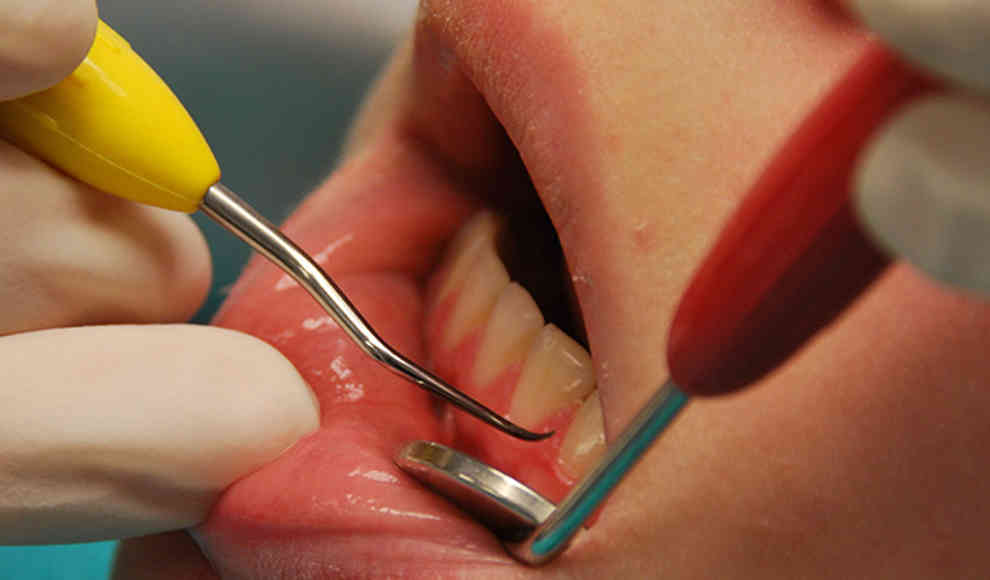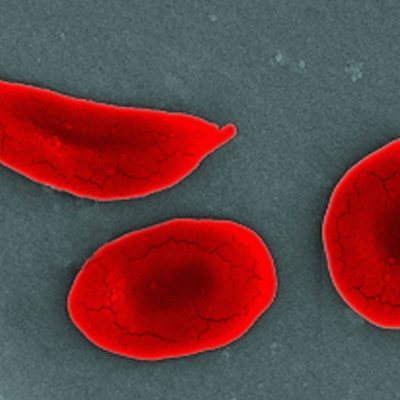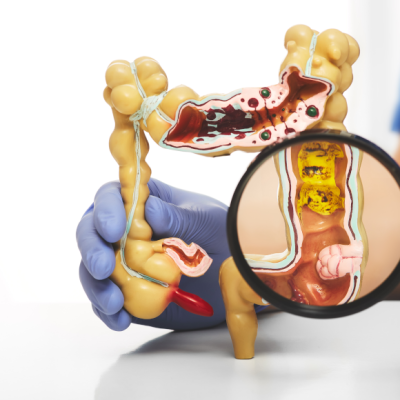A groundbreaking discovery has been made by researchers who stumbled upon a surprising side effect of an Alzheimer’s medication. Tideglusib, a drug designed to help Alzheimer’s patients, has been found to significantly increase the production of new dentin in teeth. This could potentially lead to a future where teeth can repair themselves, making artificial fillings such as amalgam, plastic, or cement obsolete. The team at King’s College London, led by Vitor Neves, conducted a study on mice with small holes in their teeth, and found that Tideglusib boosted the production of dentin. The researchers placed a tiny sponge soaked in Tideglusib into the holes, and after a few weeks, the sponge had dissolved, leaving behind newly formed dentin.
Teeth are primarily made up of dentin, which can be produced by the body to a certain extent, unlike enamel. Tideglusib appears to enhance this ability by mobilizing the necessary stem cells. The researchers hope that this discovery could one day provide a dental alternative to artificial fillings, which can make teeth more susceptible to further infections and are never as good as naturally produced dentin. The study has shown that all holes in dentin can be closed using this treatment method.
This accidental discovery could revolutionize the field of dentistry, providing a natural and effective way to repair teeth. The potential benefits of this medication are enormous, and it could change the way we approach dental care in the future. The researchers are optimistic about the possibilities and are continuing to study the effects of Tideglusib on teeth. This breakthrough could be a game-changer for those who suffer from dental problems and could lead to a future where teeth can heal themselves.










